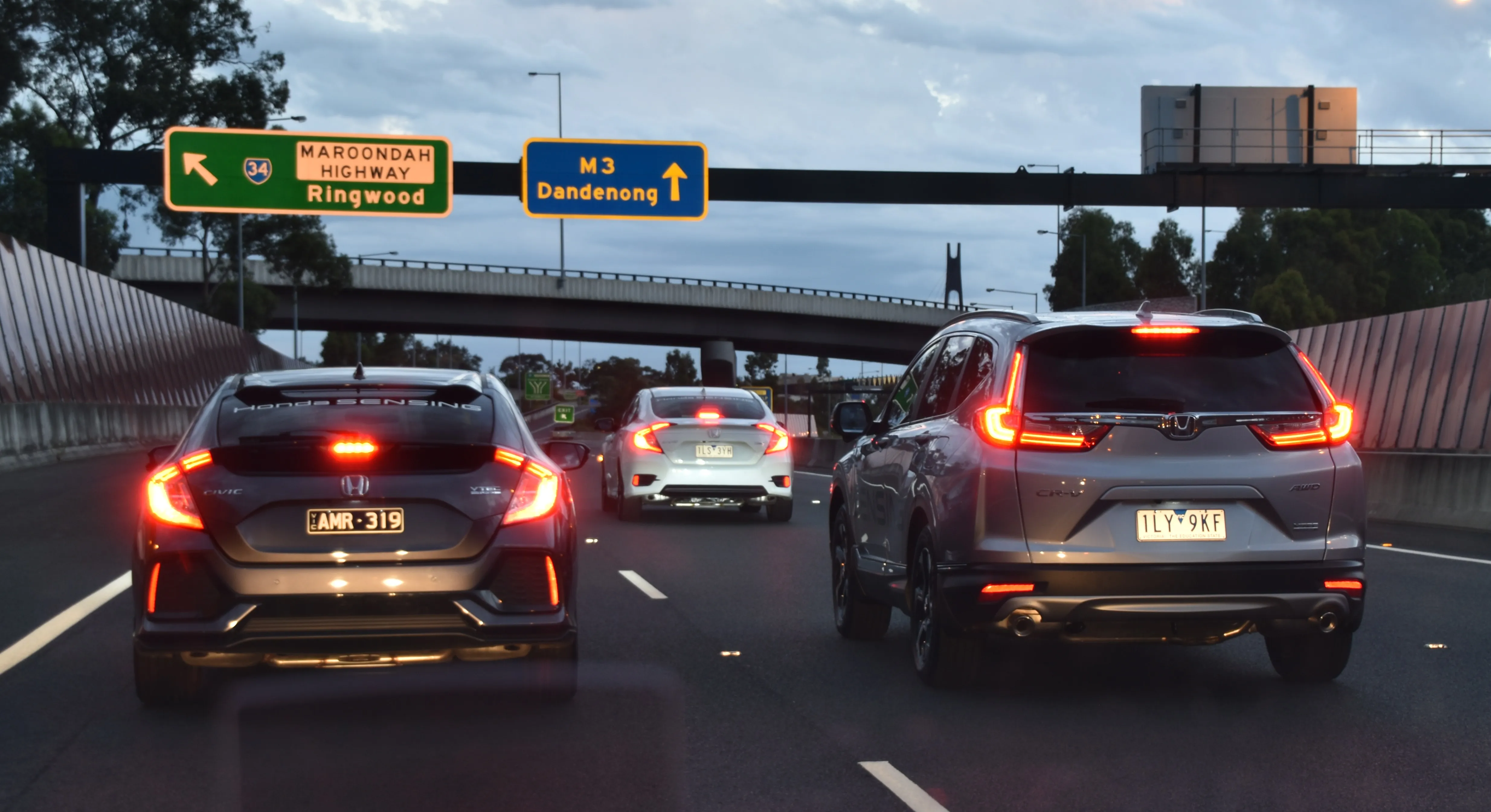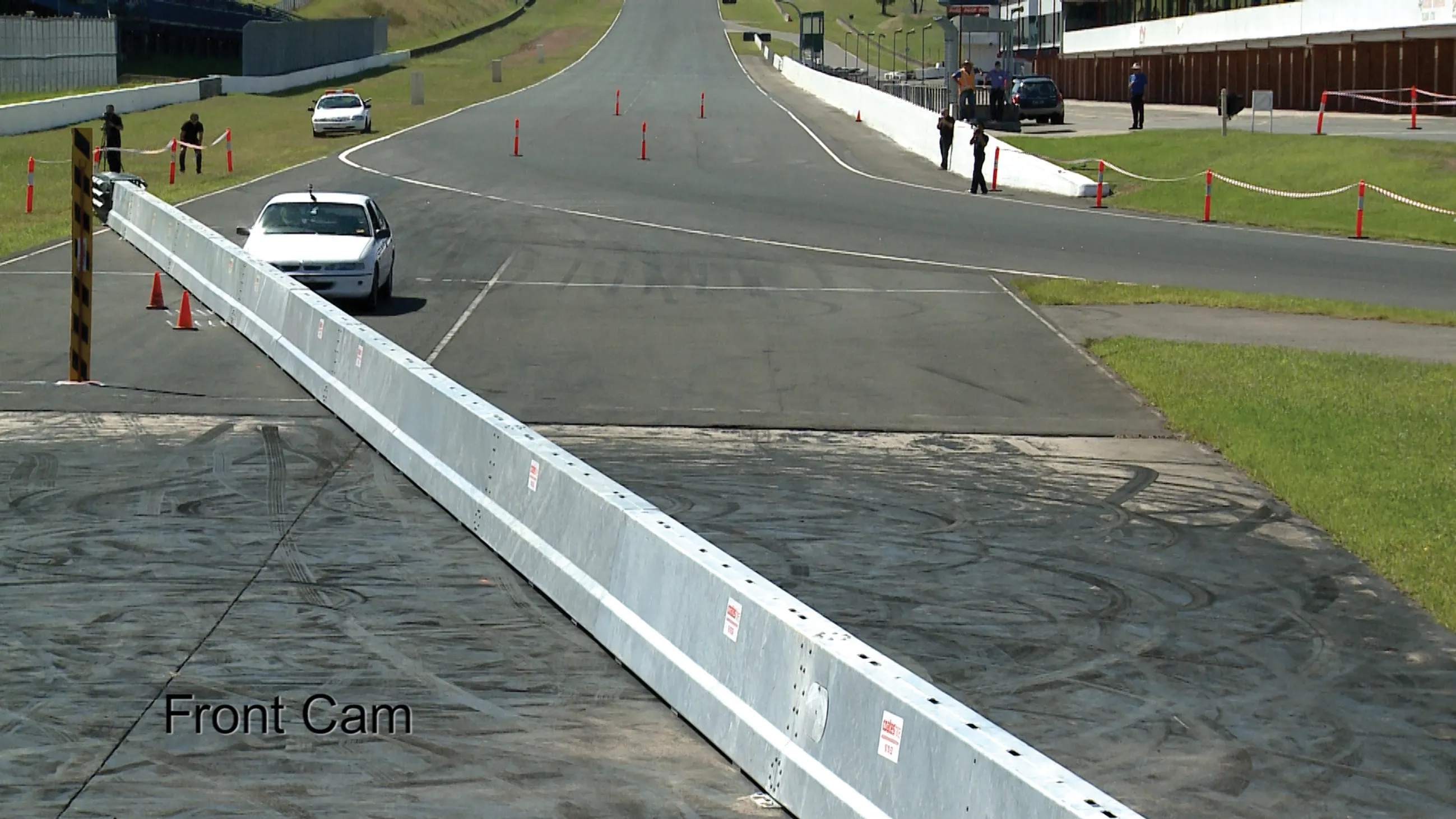
The demonstration was along a route of the EastLink, an electronically tolled section of the M3 freeway through the eastern and south-eastern suburbs of Melbourne. EastLink is part of Melbourne's Metropolitan Ring Road project. ConnectEast is an Australian company responsible for the finance, design, construction and operation of EastLink which cost nearly US$2 billion.
For the test, a
The vehicle, according to Doug Spencer-Roy, EastLink’s marketing manager, steered itself along the freeway and automatically adjusted its speed.
“In one scenario, representing a traffic jam caused by an accident, the vehicle was able to bring itself safely and automatically to a complete stop behind other vehicles stopped on the freeway,” said Spencer-Roy.
The trial followed results from EastLink’s Annual Victorian Self-Driving Vehicle Survey. More than half of the 15,000 respondents said that they have very little or no awareness of self-driving cars.
Only 15% of survey participants confirmed that their car had an adaptive cruise control function. Of those that have the function, more than a quarter said they do not use it. This feature, along with adaptive cruise control, lane-keep assist and other capabilities are said to be increasingly available in the latest passenger vehicles.







